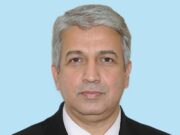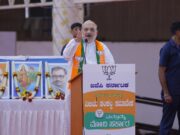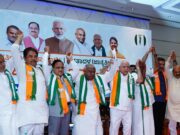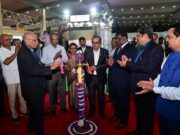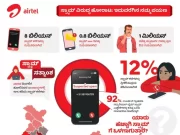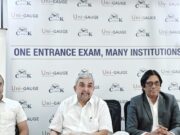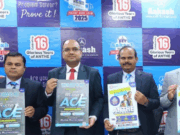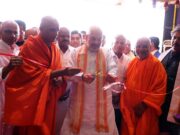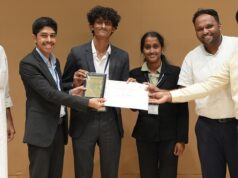Bengaluru: If recent developments at Religare are to be believed, the likes of Deepinder Goyal of Zomato, Salil Parkh of Infosys, or even IT-legend CP Gurnani could be raising their eyebrows. Ditto for global leaders such as Tim Cook, Satya Nadella, or Sundar Pichai who have at some time held significant ESOPs at their organisations. Across the world, ESOPs have been used as a tool to reward talented and meritorious leaders to stay onboard. However, a curious case at Religare casts a spotlight on the concept of ESOPs. The case is also be a grim representation of regulatory overreach.
Religare, already in the spotlight of a hostile takeover bid with the Dabur headed Burmans, has been facing a legal case. In the most recent turn of events in the case, the Enforcement Directorate has slapped provisions of PMLA (Prevention of Money Laundering) alleging misuse of ESOPs. In their legal filings, the Religare team has documented how the ESOP process was undertaken. Their documentation clarifies that the board approval was sought months ahead of the ESOP acquisition. There is also clarification about a borrowing process undertaken by the Chairperson for the fair-value on the ESOPs. Therefore, the ESOP plan followed not just SEBI’s 2013 legal structure, but also conformed with board approvals and the internal NRC committee recommendations.
To India Inc, the development may come as a huge surprise. Surprise, because CEOs and senior leadership are frequently rewarded with ESOPs, reflecting their role in driving the company’s strategic vision and performance. In Aug-24, Nykaa, an startup unicorn, had allotted15.9 crore equity shares under its ESOP plan. By offering equity, organisations ensure that their top executives are motivated to drive long-term company growth, with the potential for substantial personal financial gains. ESOPs are therefore believed to be excellent remuneration packages, but conventions of PMLA (Prevention of Money Laundering) upon Religare sends the wrong message. India Inc may interpret that rewarding talented employees with ESOPs could invite legal wrath.
In India, ESOPs are governed by a combination of corporate, tax, and legal regulations. Under corporate law, particularly the Companies Act of 2013, companies can issue ESOPs to their employees, directors, and officers, but with certain restrictions for independent directors and promoters. The issuance of ESOPs requires the approval of the board of directors as well as the shareholders via a special resolution. The company must also adhere to the guidelines laid out by the Securities and Exchange Board of India (SEBI) for publicly listed companies, ensuring transparency in the issuance and vesting of stock options. Until 2020, any board contemplating an ESOP would be busy scrutinising the tax angle. That, because when the options are exercised, the difference between the fair market value (FMV) of the shares and the exercise price was to be treated as a prerequisite and taxed as part of the employee’s salary under India’s Income Tax Act, 1961.
Second, when the shares were sold, any gains were subject to capital gains tax. The holding period between the exercise date and sale would determine whether short-term or long-term capital gains tax applies, with long-term capital gains on listed securities taxed at a lower rate. In the curious case at Religare, their legal team has provisioned the tax payment receipts showcasing that all legal processes were closely followed.
Some observers have been quick to point out the timing of Dr Saluja’s sale of the ESOPs – post the announcement of the acquisition from Dabur Group. The legal team has contested the claims. There is the reference to Tim Cook, the CEO of Apple who sold 200,000 shares of Apple in the week that the Cupertino headquartered tech-major launched a new upgrade. Should Tim Cook’s stock-sale in April 2024 be scrutinised? Fortunately, Mr Cook was not an Indian CEO.
Equating ESOP acquisition or a transaction under the tenets of money-laundering may not seem like a genuine investigation. That, especially in the absence of credible information about a material gain made by a leader the stature of Tim Cook or Dr Saluja. At best, the legal aspect seems like a misaligned adventure of blaming ESOPs and tarnishing the image of Dr Saluja who has steered Religare away from near-death. At its worst, it is a misinterpretation that India Inc should not reward talented and meritorious leaders.







